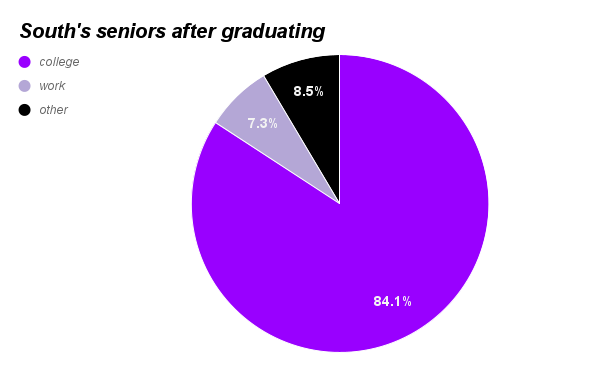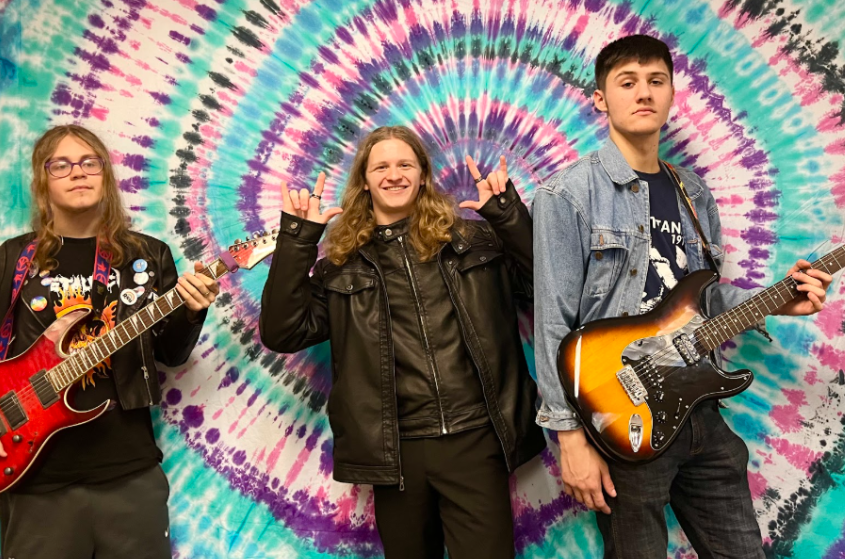Instagram has been updating its app with flashy new “thoughts” above messages or visible comments on stories or reels but has also been busy revamping its teenage privacy policies due to criticism from concerned parents, policymakers, and non-profits like Common Sense Media.
According to the NYT, for all accounts under 18, Instagram plans to automatically make accounts of users private and require parent permission to change to public, stop notifications from 10 p.m. to 7 a.m., and allow parents to see the accounts their teens are messaging. Meta also plans to verify a user’s age in more places and actively find false birthdays.
Currently, parents can supervise their teen’s accounts (followings, messages, and their existing settings) only if both parties consent. These new policies aim to prevent bullying, sexual harassment, and myriad issues specific to teens, but have been seen as performative in reducing these concerns.
Freshman Sohrab Fazel said that Instagram’s policy changes won’t discourage him from using the app and won’t affect his already private account. Fazel noted that he uses Snapchat and TikTok more often and doesn’t expect these policies to change much of his social media use.
On the other hand, sophomore Winnie Dong sees the possible advantages of the upcoming policies, especially with silenced notifications, but expresses concern whether teens could communicate dangers anytime. The notification policy could be beneficial, chiefly for sleep-deprived teens, but Dong noted “it’s also at the cost of what information you’re sending.”
Senior Audrey Adams faces a similar issue with the notification policy. Adams uses Instagram to ask friends for help with homework during the silenced hours from 10 p.m. to 7 a.m., and may use the app less without its practicality. However, being 17, Adams noted that these policies probably won’t change her app experience drastically.
These new policies could also change how college recruiters find student athletes on Instagram. Although Senior and volleyball player Olivia Roberts uses SportsRecruits, the “social media” for coaches, many players create their professional Instagram accounts early in their freshman years and capture their best shots to junior year when they are usually recruited by colleges.
This means with the policy changes, many teen sports players will have their accounts automatically private, potentially hiding their posts. Roberts said that players, or any teens under 18, could dodge this policy by faking a parent account or having a parent who doesn’t use Instagram.
Likewise, Adams isn’t sure whether these changes will make a difference. “With the internet, there’s so many ways to find loopholes around everything…if someone’s going to cyberbully someone else, they’ll just find a different platform to do it on,” Adams said, “…I don’t know if making these policies just in one app significantly reduces things like that happening.”


